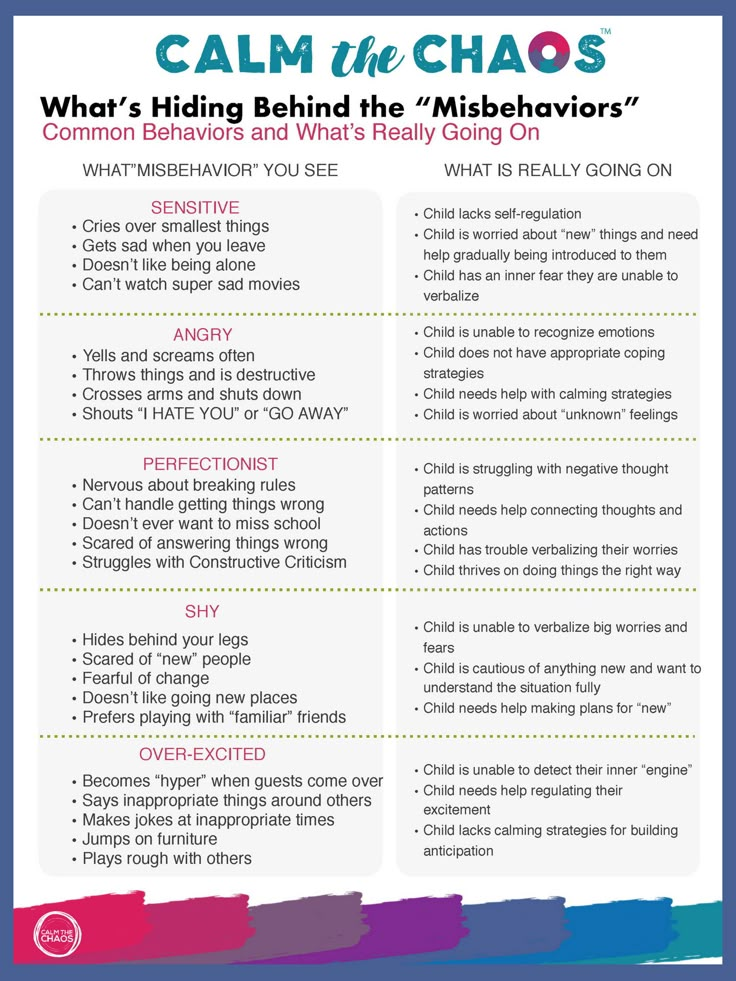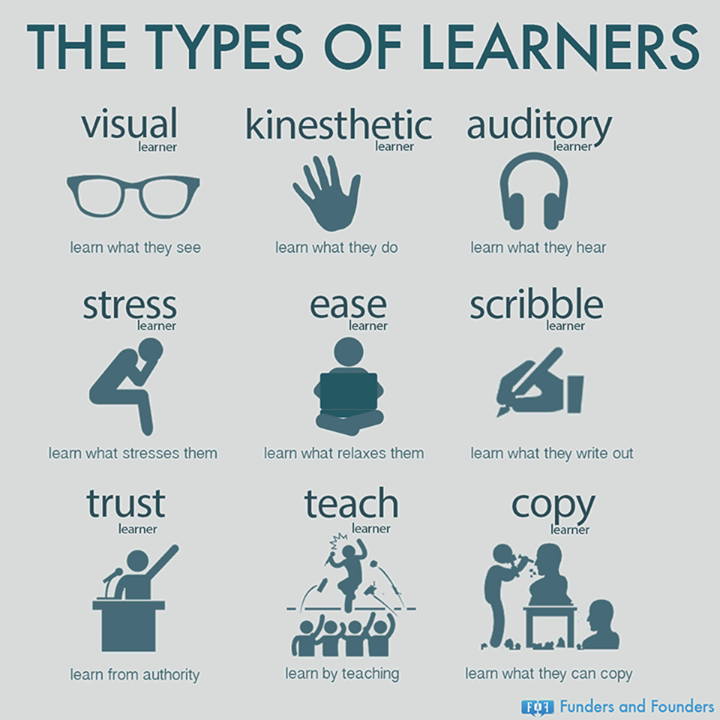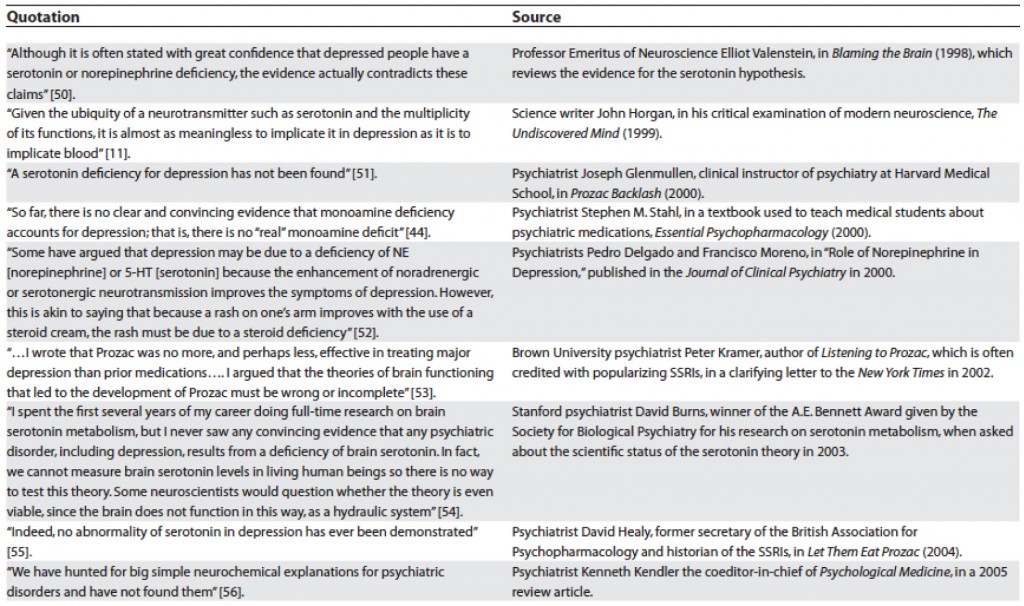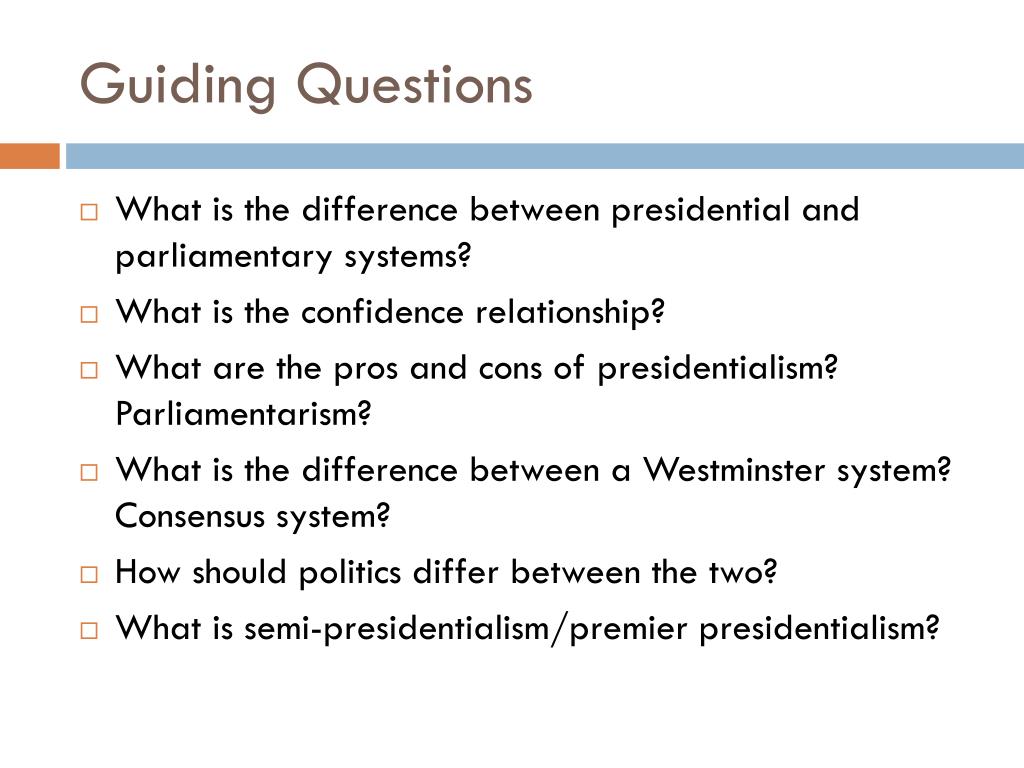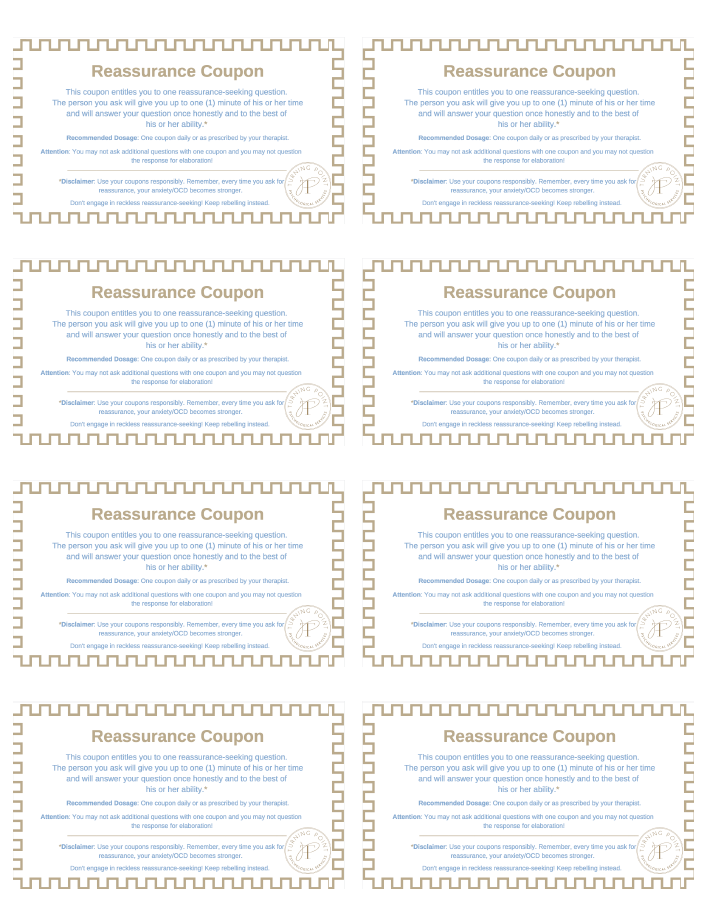Sensitive to criticism test
Sensitivity to Criticism Test - 3 Min Self-Assessment
Your boss has scolded one of the employees in front of everyone? Was he right to do so?
No. He should have turned everything into a joke
He should have talked to him in private
Why not? It might be effective
In your opinion, is it good to criticize a boss?
I don’t think so. It ruins his authority
Yes, but cautiously
Of course! It’s a total must do
How often do you criticize yourself?
Are you capable of adequate self-evaluation?
There are so many people who can do that. I don’t even bother
I see some flaws, but can make excuses
Yes. I’m trying to see myself from aside
Are you trying to be mild or speak politely when expressing your opinion?
I think the more strict I am the more effective my words are
Depends on the person who I criticize
Yes, totally. One should never shoot from the hip
Do you pay attention to positive sides of someone when criticizing?
Yes. I try to
Only if I know that this person is very offensive
I don’t see any sense in that
Are you trying to limit the amount of criticism?
Yes. When I criticize, I focus on one thing only
I try to find a solid reason for my criticism
No. I just say whatever comes to my mind
Do you suggest any “points for growth” when criticizing?
Of course. I call it criticize-suggest rule
Yes, if I know how to act in this case
The main thing is to point to a problem. Everything else is not my business
What do you do when you hear someone criticizing you?
I need to think about it and give my answer
I’m very disappointed and don’t rush to reply
I immediately reply and make excuses
What do you feel toward a person who is criticizing you?
A sharp feeling of hatred
I’m angry if this criticism is not reasonable
I’m grateful for his remarks
Criticism is evil
You have a negative attitude toward criticism, because you don’t like when someone talks ill about you. However, when you begin criticizing people, you might go to far. You’re quite emotional in both cases, easily excited, might be angry or sharp. We recommend you to work on your moderation, stability and resilience. What do your friends think about criticism? Share this test with them to find out!
However, when you begin criticizing people, you might go to far. You’re quite emotional in both cases, easily excited, might be angry or sharp. We recommend you to work on your moderation, stability and resilience. What do your friends think about criticism? Share this test with them to find out!
It’s bearable
You’re tolerable to criticism and consider it a vital part of a professional life. However, you don’t overestimate its efficiency. You are capable to control your emotions when sharing your opinion about someone or something and rarely lose your temper. Yet, you might feel offended sometimes, want to revenge your critics and make excuses for your mistakes and errors. What do your friends think about criticism? Share this test to find out!
Nothing personal
You have a practical attitude toward criticism, nothing personal. You are capable of taking it calmly and freely admit your mistakes with dignity and courage. When expressing your opinion, you never overreact, never try to make excuses or blame others. Your competence and expertise, your self-confidence help you to focus on the benefits of the things you do, not on people’s evaluations and opinions. What do your friends think about criticism? Share this test to find out!
Your competence and expertise, your self-confidence help you to focus on the benefits of the things you do, not on people’s evaluations and opinions. What do your friends think about criticism? Share this test to find out!
Sensitivity to Criticism Test - Creative Organizational Design
The Sensitivity to Criticism Test – Revised will assess whether an individual will become defensive in response to constructive criticism.
Request More Info
About this Test
The Sensitivity to Criticism Test – Revised will assess whether an individual will become defensive in response to constructive criticism. Before you invest the time and money to train a new employee, test your applicants for skills like:
- Internal Cognitive Reactions
- Other-Directed Emotional Reactions
- Internally-Directed Emotional Reactions
- Overt Behavioral Reactions
This test provides the answers you need to make informed decisions.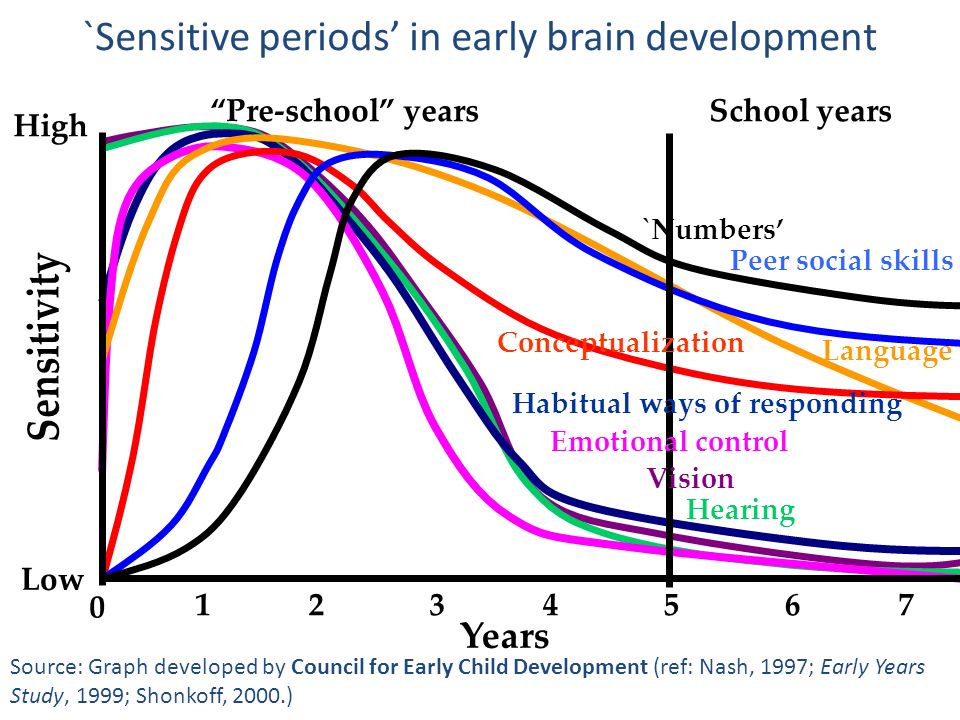
Want more information about this test? Get it now. Please REQUEST MORE INFO and we’ll reply promptly.
Not the perfect fit? No problem. We have many similar tests to choose from. See alternatives in the GENERAL PRE-SCREENING and PERSONALITY category sections of our site.
Purpose: The SCRT-R will assess whether an individual will become defensive in response to constructive criticism.
APPLICATION:
- Pre-Employment
- Training Tool
- Professional & Personal Development
No. of questions: 60
Question type: Situational; Self-report
Estimated completion time: 20 minutes
Shorter versions of assessment: N/A
Recommended age level: 18+
Qualification Level: Class A
Compliance: APA standards; EEOC standards (gender, age, disability, ethnicity)
Validation Information:
Sample Size: 3664
Cronbach’s Alpha: 0. 94
94
6 SCRT- R SCALES:
- External Cognitive Reactions
- Internal Cognitive Reactions
- Other-Directed Emotional Reactions
- Internally-Directed Emotional Reactions
- Overt Behavioral Reactions
- Covert Behavioral Reactions
Sensitivity to Criticism Test Features
- Benchmarks: Available (general population and 21 industries)
- Interview Questions: Available
- Group Comparisons: Available
Report Includes:
- Summary
- Introduction
- Graphs
- Detailed narrative interpretation
- Strengths & Limitations
- Advice
Factors and Scales: Overall Score plus 6 scales:
- External Cognitive Reactions: Personal thoughts directed toward the critic and critique.
- Internal Cognitive Reactions: Personal thoughts directed toward self.

- Other-Directed Emotional Reactions: Feelings directed toward the critic and the critique.
- Internally-Directed Emotional Reactions: Feelings directed toward self.
- Overt Behavioral Reactions: Outright reactions directed toward the critic during and after criticism delivery.
- Covert Behavioral Reactions: Indirect reactions toward critic and criticism after feedback is delivered
Additional information
The Sensitivity to Criticism Test – Revised will assess whether an individual will become defensive in response to constructive criticism.
Request More Info
Contact Us
TEST: How sensitive are you to criticism? | Psychology of life | Health
Estimated reading time: 5 minutes
3244
AiF. Health #9. Walking in the fresh air lowers blood pressure 02/27/2014 Plot Psychological tests www.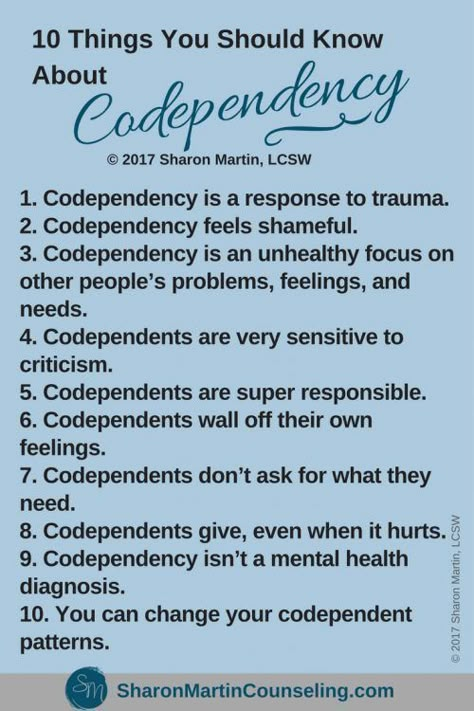 globallookpress.com
globallookpress.com
1. You do the same job twice on the machine. Your boss points out this fact to you. How will you react?
a) Do not attach much importance to his remark: he is rarely satisfied.
b) Do not attach much importance to his remark: he has not been himself since morning.
c) You are furious and complain to yourself about the lack of understanding on the part of management.
2. At lunch in the cafeteria, a colleague says that you've been eating sweets lately. You:
a) "It's okay, I joined the gym."
b) “Are you saying I gained weight?”
c) "If you want, I can share dessert."
3. Summing up the year, the boss says that you did a good job, but you are capable of more. Tell yourself this:
a) "I'm not professional enough."
b) “Goal achieved. Why these conversations?
c) “He is never enough. It's okay, he's the boss. "
"
4. You spent the whole day in the kitchen preparing treats for the festive dinner. The family criticized the dishes. You…
a) "It was delicious, you don't understand anything."
b) “Okay, next time you will all help me.”
c) in tears from grief.
5. You share your impressions about the movie you watched: you liked it very much, but your companion did not like it at all.
a) He just doesn't like science fiction.
b) You don't mention the movie anymore.
c) You initially knew that this was not his genre.
6. Your significant other has been criticizing the way you drive for half an hour now. You…
a) remind him that since he has no rights, what's the point of saying all this to you.
b) remind that it was he who advised to drive along this street with "unpredictable" traffic.
c) a little more and you will cry.
7. After a glass of champagne, your friend is obviously drawn to revelations.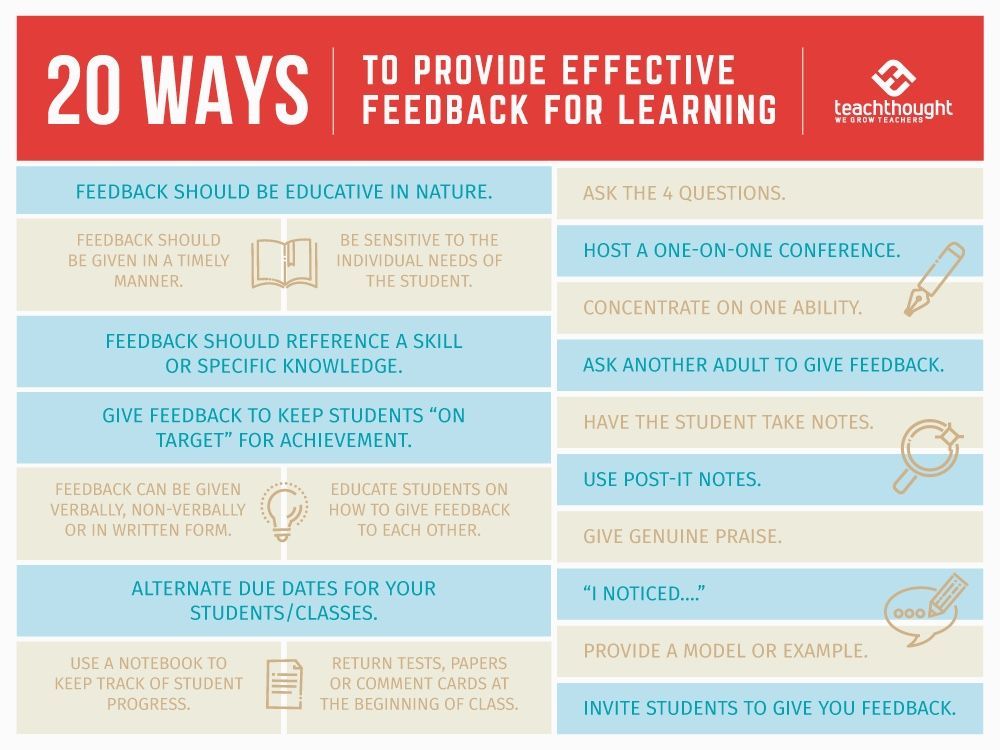 When asked why you are still dating "that one", you...
When asked why you are still dating "that one", you...
b) react quickly: “What are you hinting at?”
c) you understand that, having relaxed, you can say such things ... Laugh and change the topic.
Score using the table and read the findings
| 1 | 2 | 3 | 4 | 5 | 6 | 7 | |
| a | 1 | 1 | 3 | 1 | 2 | 2 | 3 |
| b | 2 | 3 | 2 | 2 | 3 | 1 | 2 |
| to | 3 | 2 | 1 | 3 | 1 | 3 | 1 |
21–17 points .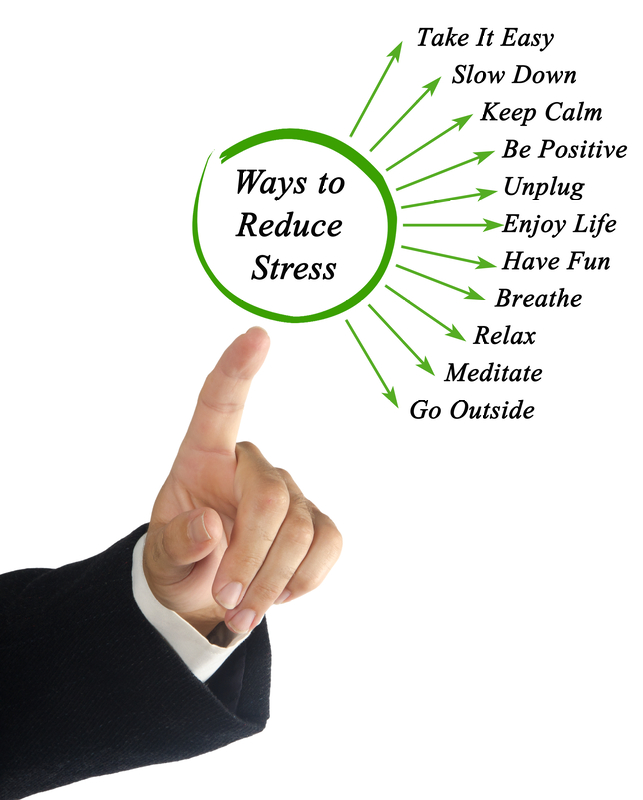 You are hypersensitive to criticism, you take any statement addressed to you close to your heart. Learn to perceive information somewhat detachedly and "filter" it, because often comments are not only not aimed at somehow infringing on your pride, but can also be constructive if you manage to "read" them correctly.
You are hypersensitive to criticism, you take any statement addressed to you close to your heart. Learn to perceive information somewhat detachedly and "filter" it, because often comments are not only not aimed at somehow infringing on your pride, but can also be constructive if you manage to "read" them correctly.
16-12 points . A realist, you perfectly understand that it is impossible to please everyone - and is it really necessary? Willingly listen to the advice of loved ones. You like reasoned criticism, which you know how to “turn in your own direction” and make it an ally in working on shortcomings both personally and professionally. Your main strength is that you are able to extract from critical statements what will help you move towards success. This is great, keep up the good work!
11-7 points . You are indifferent to criticism. Of course, it may not always be pleasant, but from a fair remark you will not only not die, but also win! "Cut off the excess", but listen to your opponent.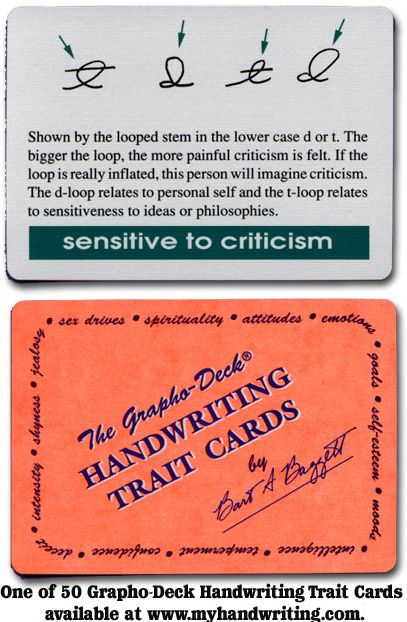 Embrace constructive statements, change for the better! Good luck.
Embrace constructive statements, change for the better! Good luck.
See also:
- The power of charm: how to become a leader and not fall under the influence of others →
- When envy becomes a complex and how to get rid of it →
- TEST: Are you a gift for those around you? →
criticism tests
Next article
You may also be interested in
- QUIZ: Who is more important, you or your car?
- QUIZ: What kind of person are you?
- QUIZ: What is the place of your family in your life?
- QUIZ: Are you ready for motherhood?
- TEST: How much does your mood depend on external factors?
Media news2
How sensitive are you? :: Infoniak
Feb 20, 2019 06:50 12559 Psychology, Tests
18+
Tests
Have you ever been told that you are very sensitive?
While many take this as an insult, there is a reason why some people are more receptive than others.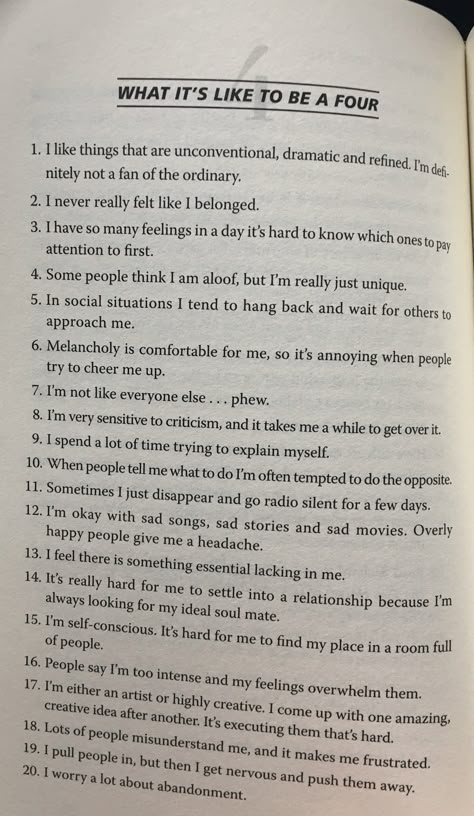
According to studies, about 20 percent of people are born with an oversensitive nervous system.
It can even be argued that sensitivity is not so much a property of character as a genetic feature.
See also: Which side are you on: evil or good?
Have you noticed that you feel everything too deeply or react emotionally to different things?
Perhaps you have one or two or all of the signs that you are an oversensitive person.
1. You react badly to bright lights and loud noises
The environment can be a trigger. If you have noticed that a bright light or a loud sound makes you angry, this may be a sign of hypersensitivity.
2. You quickly become discouraged when you do not live up to your expectations.
You are too hard on yourself.
It is great that you are aware of your goals and working towards them, but if you do not achieve them, it is important not to beat yourself up too harshly.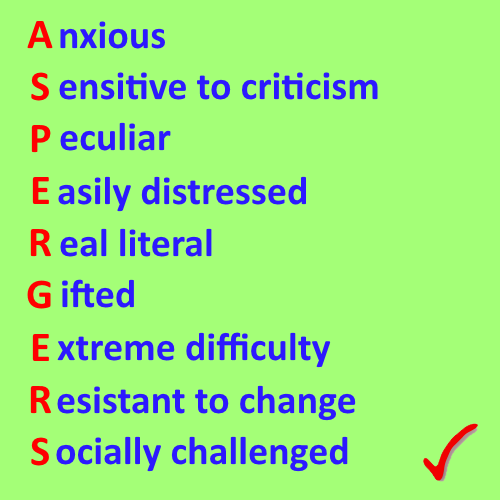 If you immediately judge yourself or belittle yourself for not being able to achieve something, this indicates that you are very sensitive.
If you immediately judge yourself or belittle yourself for not being able to achieve something, this indicates that you are very sensitive.
3. You are easily frightened
You have a tendency to be frightened even in not very dangerous situations, due to the peculiarities of the nervous system.
4. You often worry about what others will think
Hypersensitive people are mostly introverts, but about 30 percent are still extroverts. This means that a sensitive person can be surrounded by people, but constantly worry about what others think of him.
5. You have a constant fear of rejection
Serious fear of rejection can mean high sensitivity. Just as with worrying about what others will think, rejection is devastating for a sensitive person.
6. It is difficult for you to get rid of negative emotions
You need more time to deal with them. When emotions are so deep, the hypersensitive person needs more time to let them go and move on.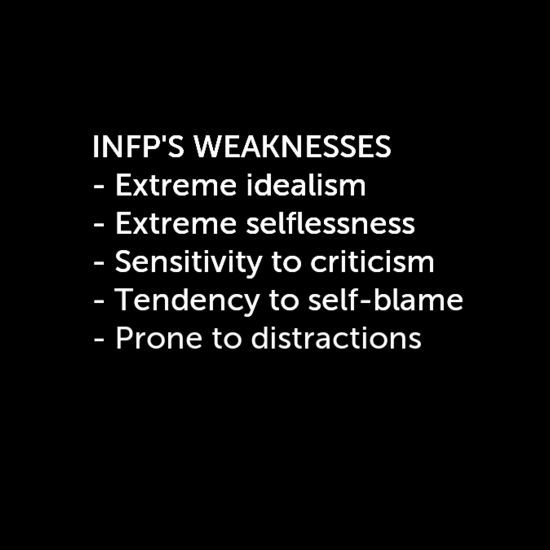
7. You Empathize Easily
You feel the pain of other people. Social inequality hurts you, and you immediately put yourself in the place of another person. Hypersensitive people have a unique ability to understand what another person is feeling, can worry about others and let their feelings pass through themselves.
8. You find it difficult to take constructive criticism
It is almost impossible for you to avoid resentment. Although a sensitive person understands that constructive criticism is for a good cause, it is difficult for him not to feel hurt.
9. You find it hard to get used to change
Routines and familiar surroundings help a sensitive person cope with emotions. At the same time, any changes, both good and bad, can overload the nervous system and cause stress.
10. You are susceptible to changes in temperature
As a rule, you quickly react to the cold, and are the first to wrap yourself in a jacket.